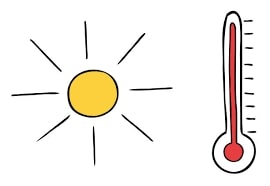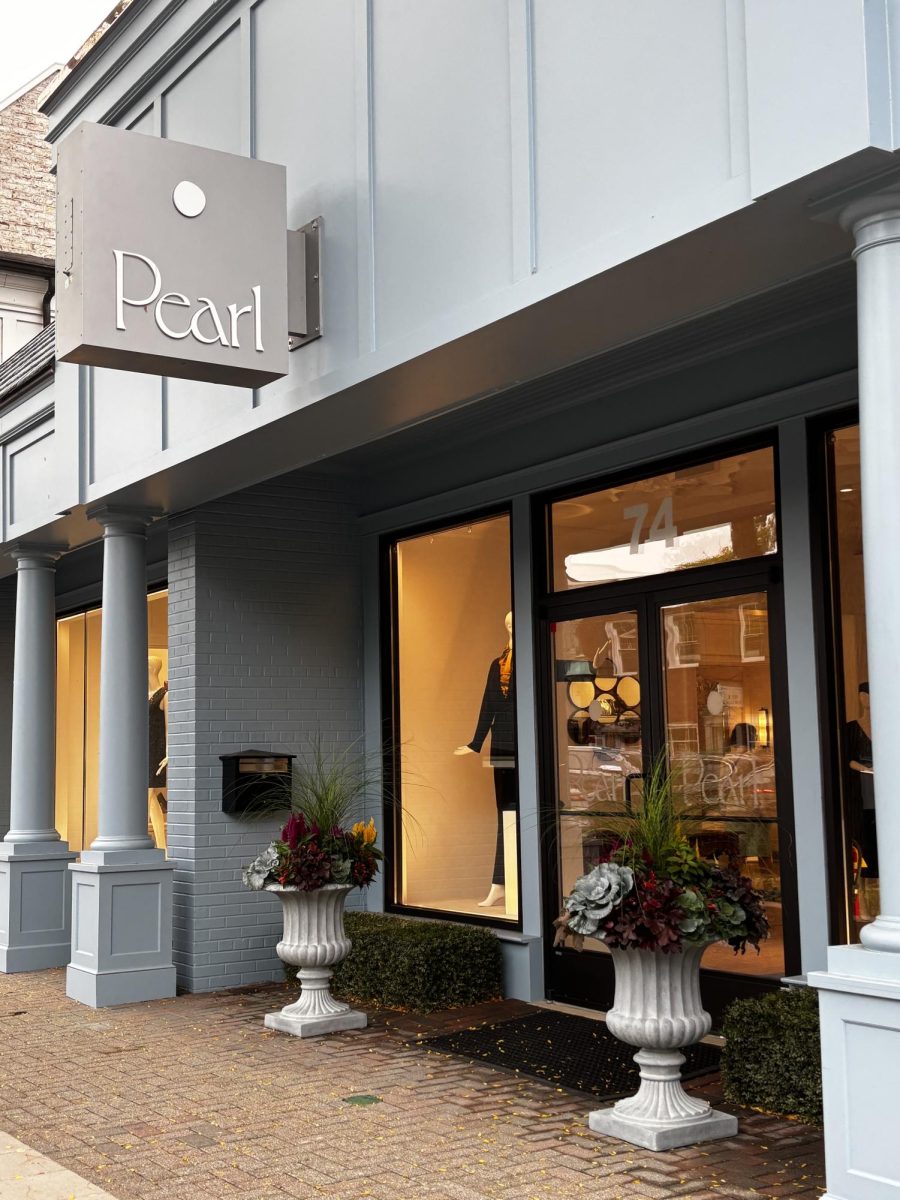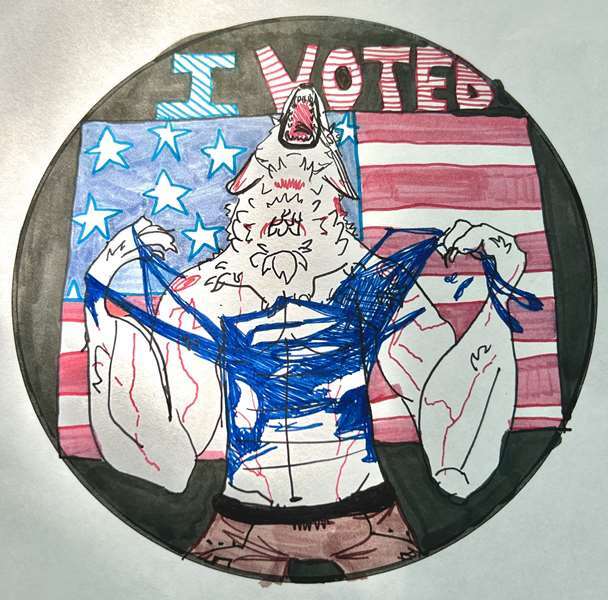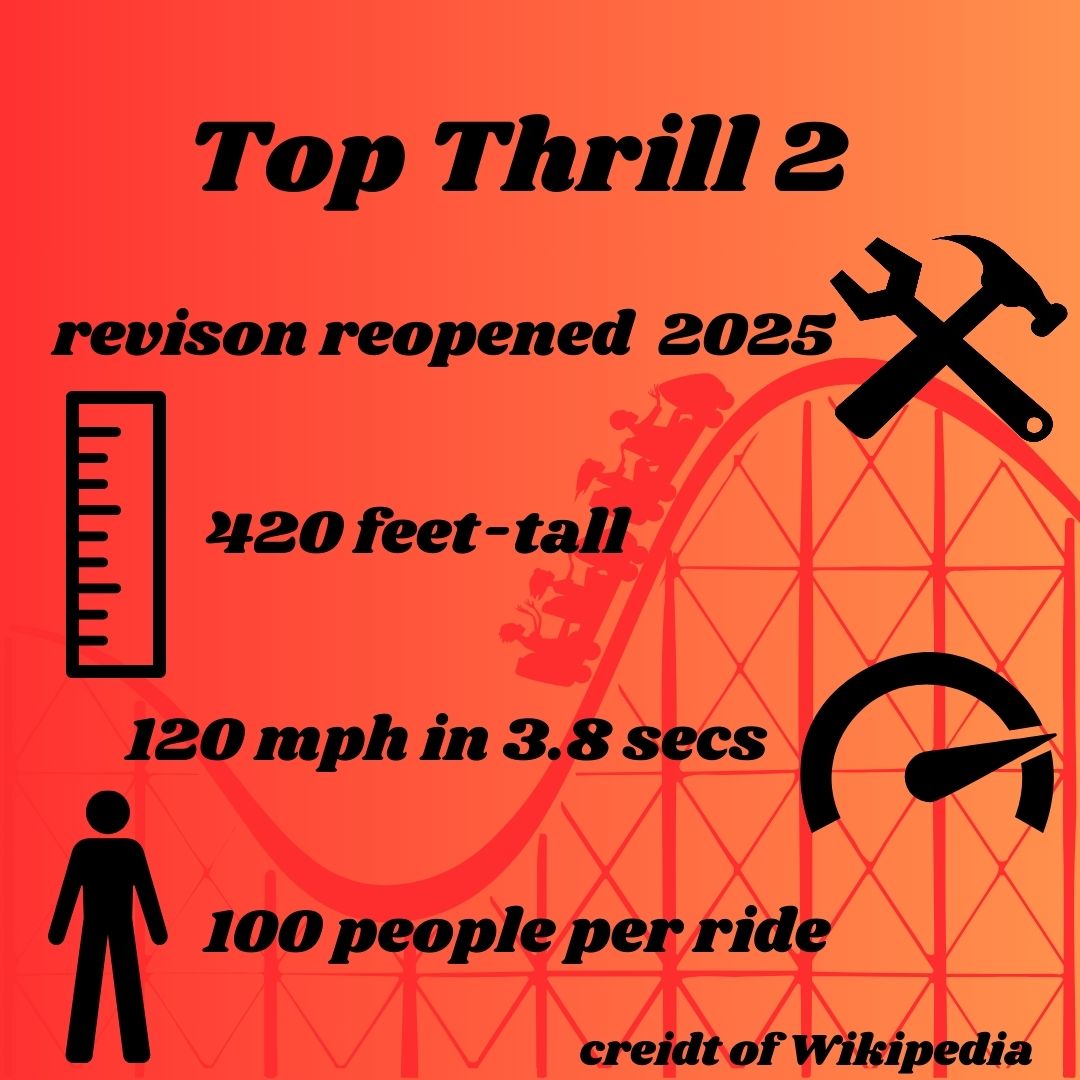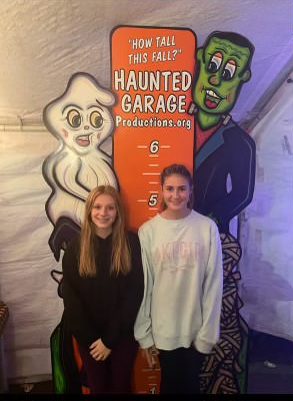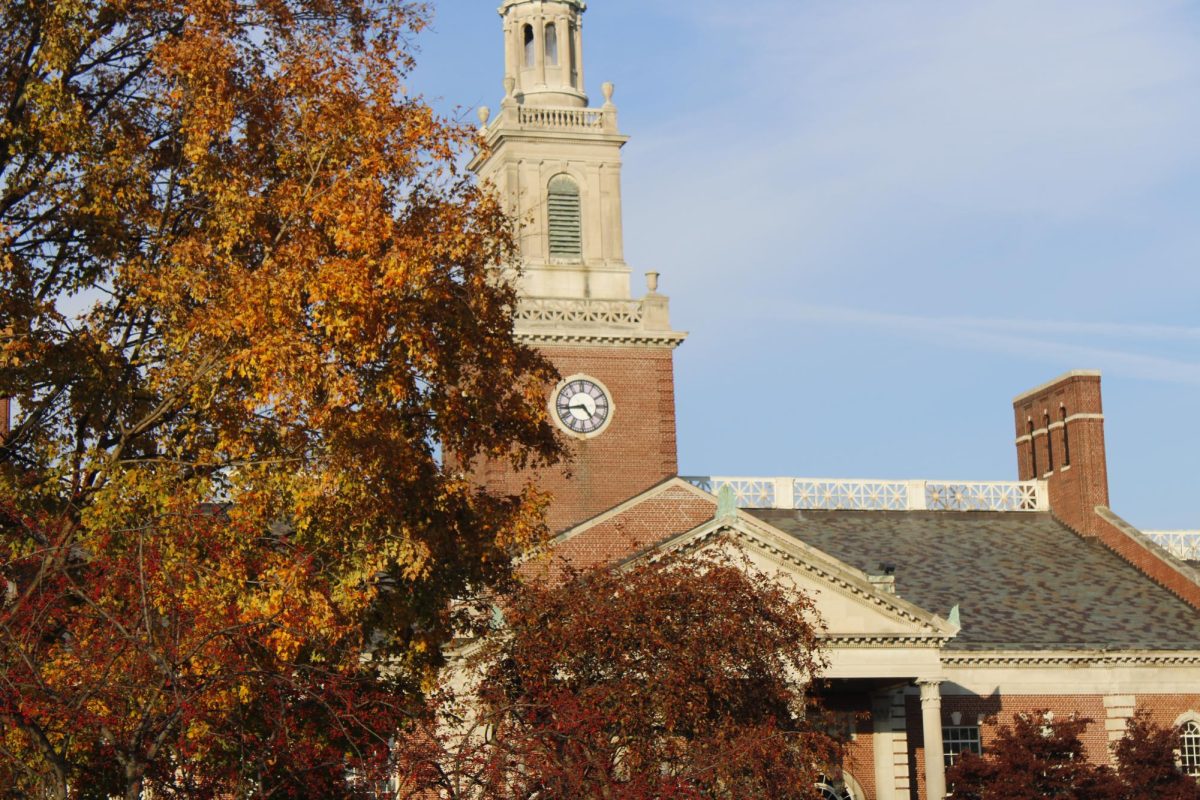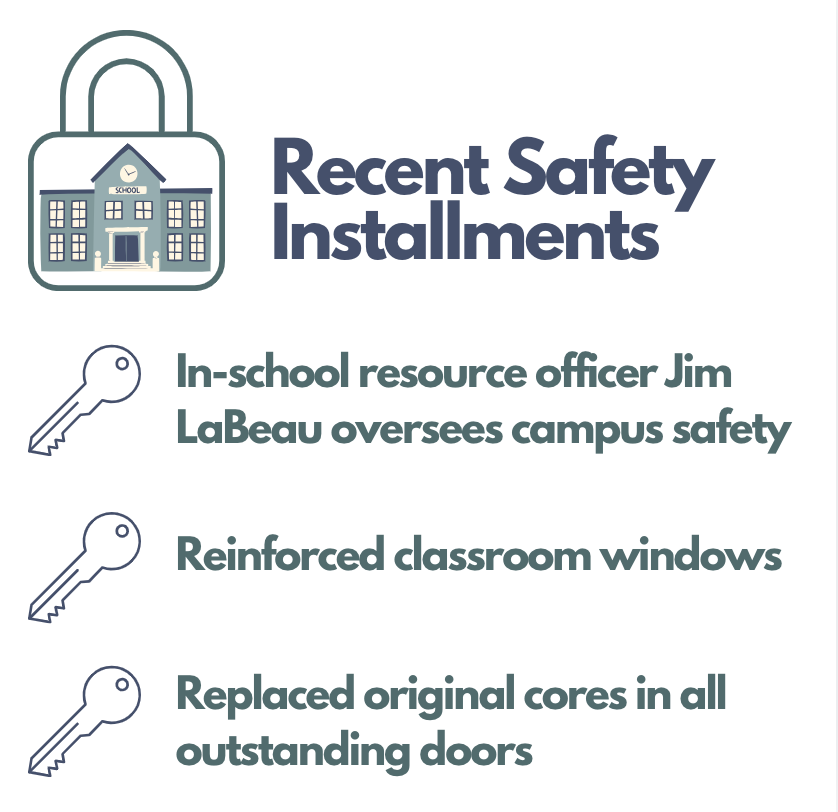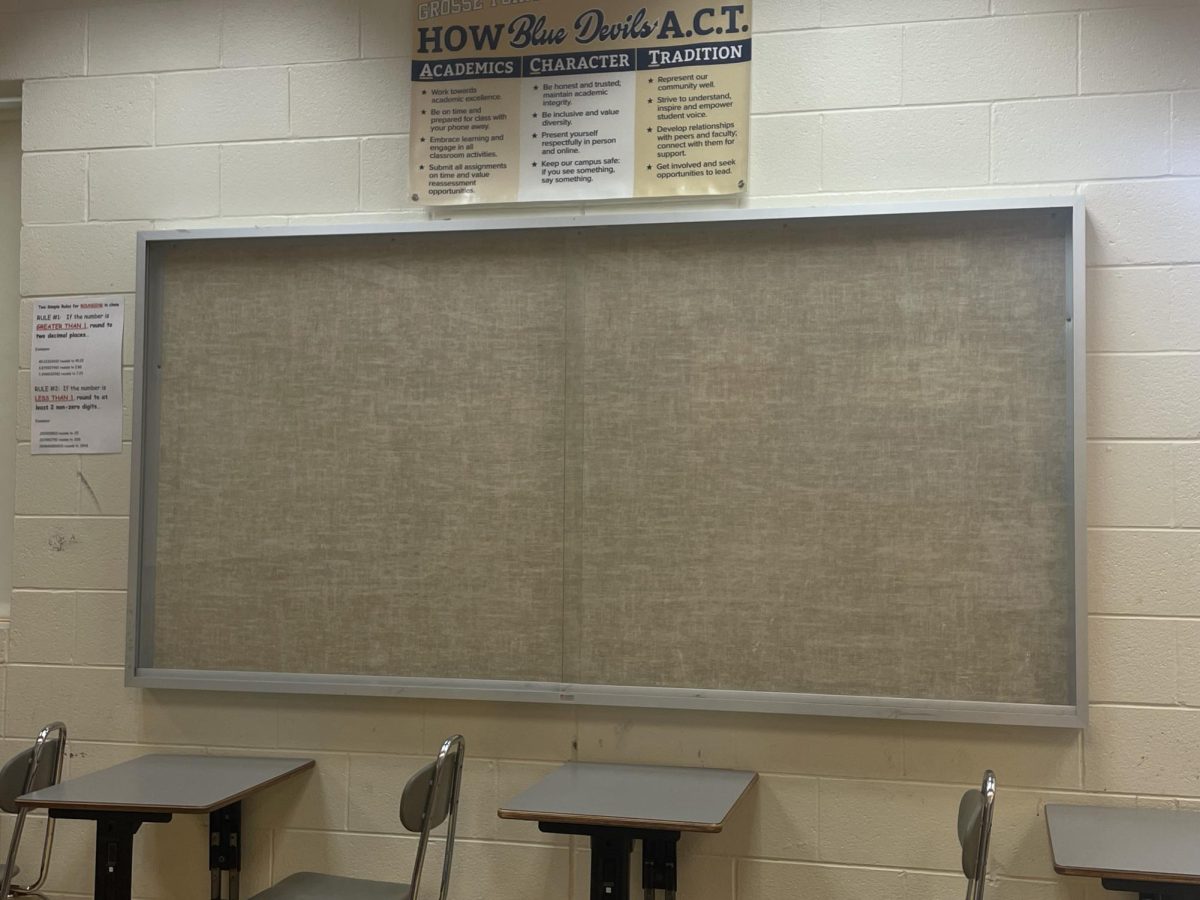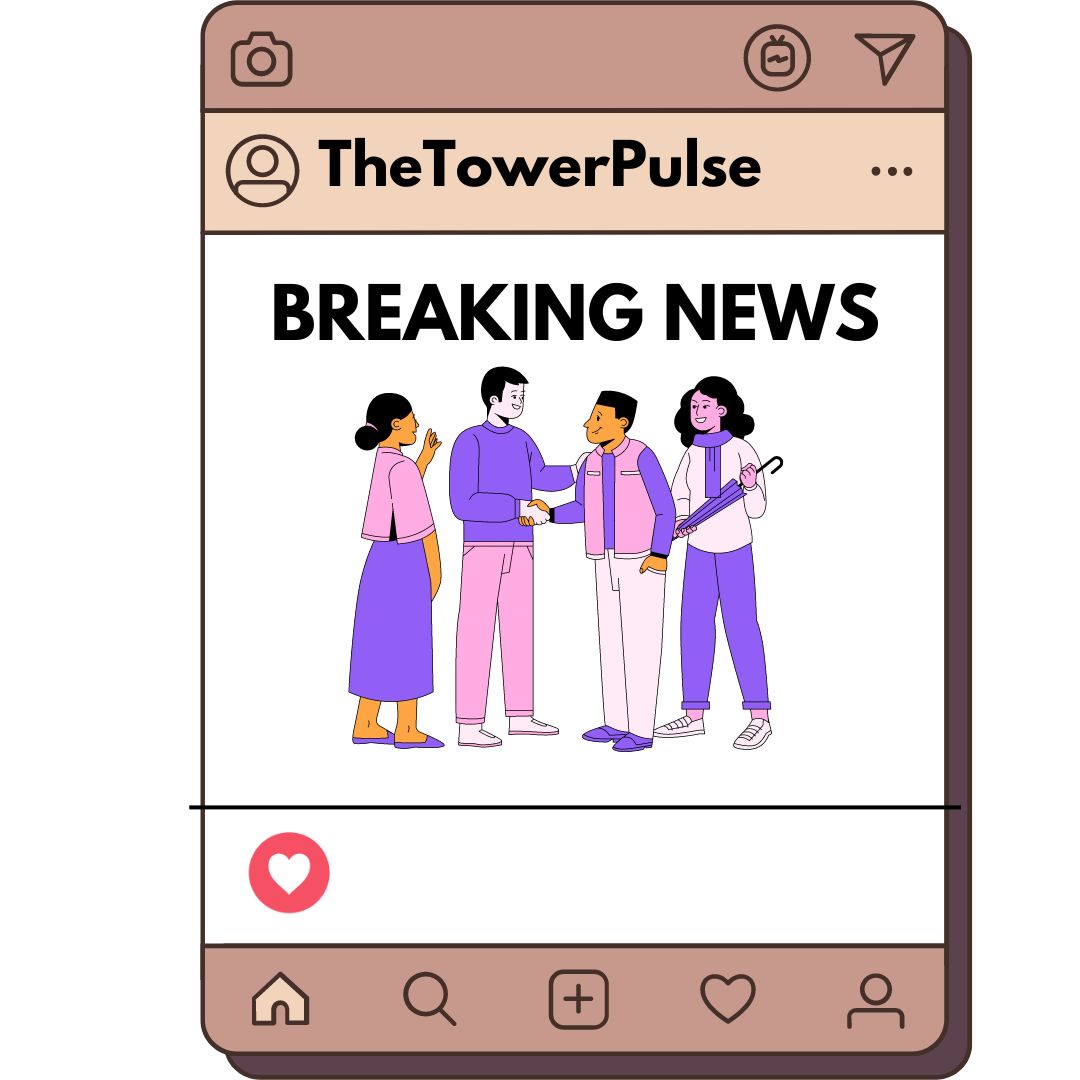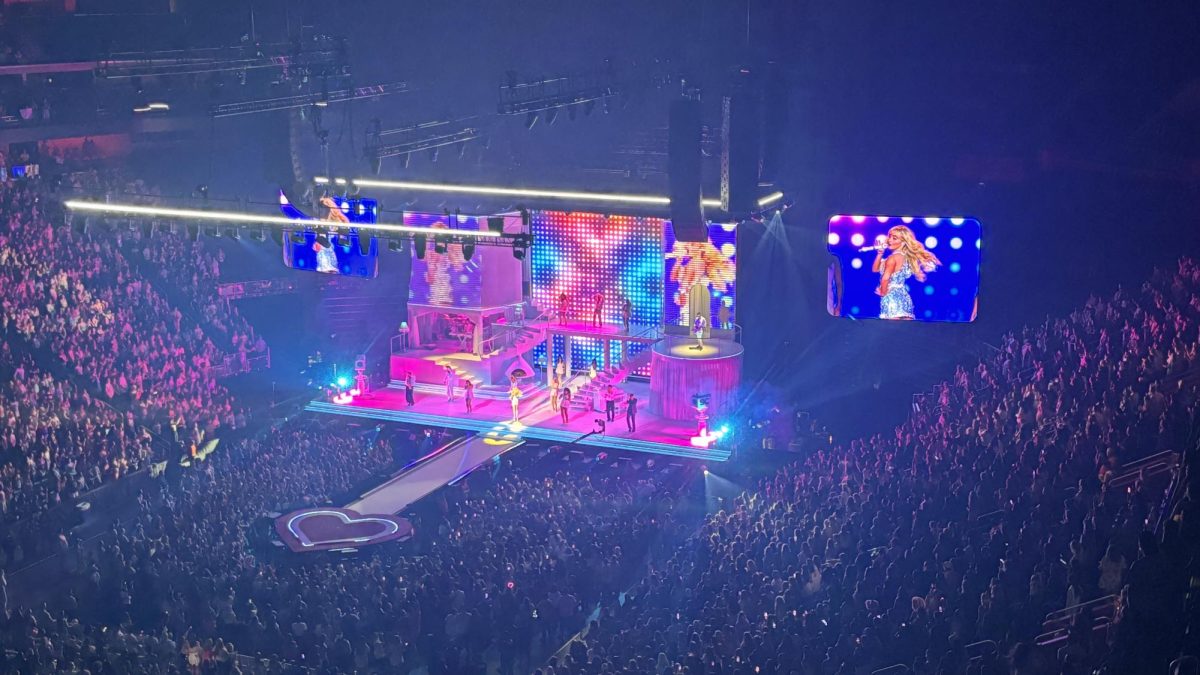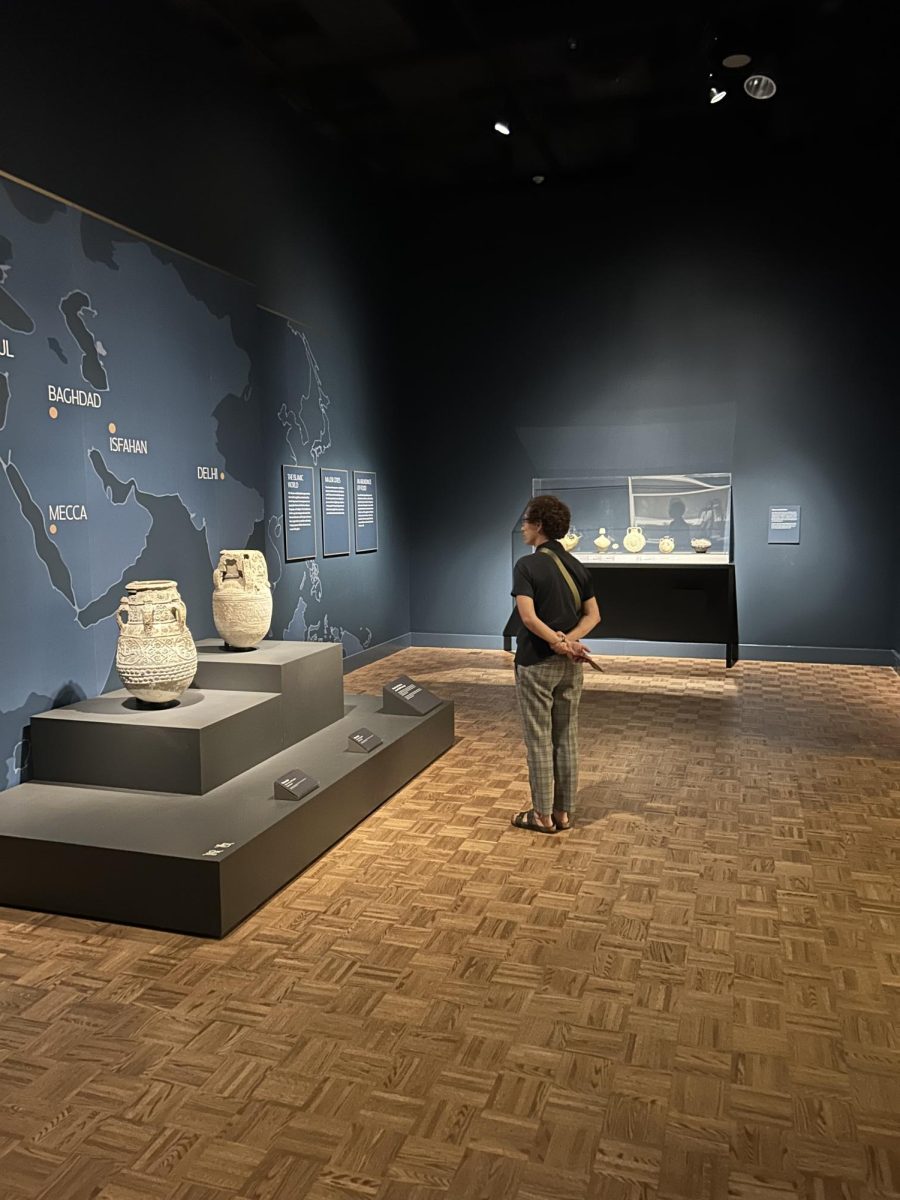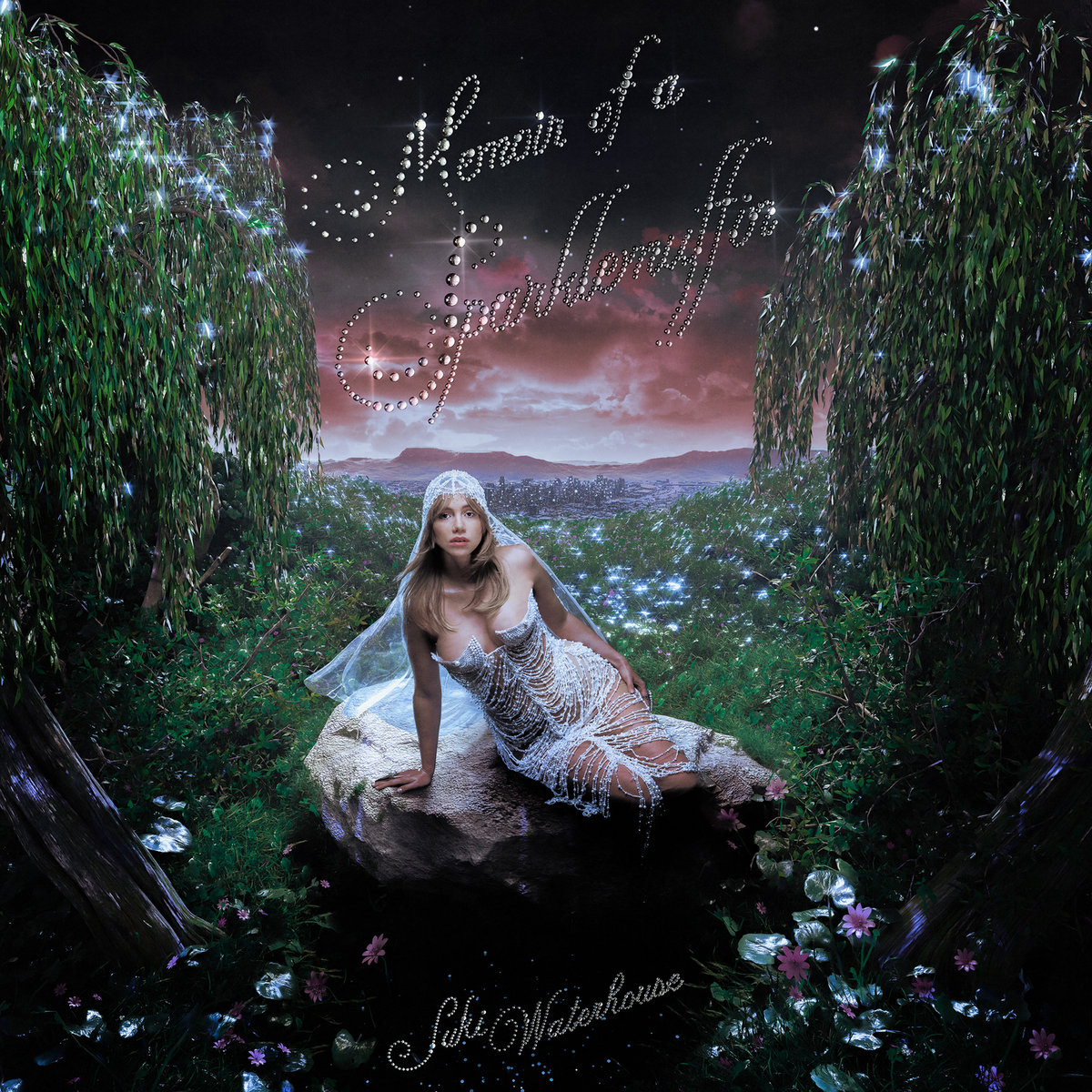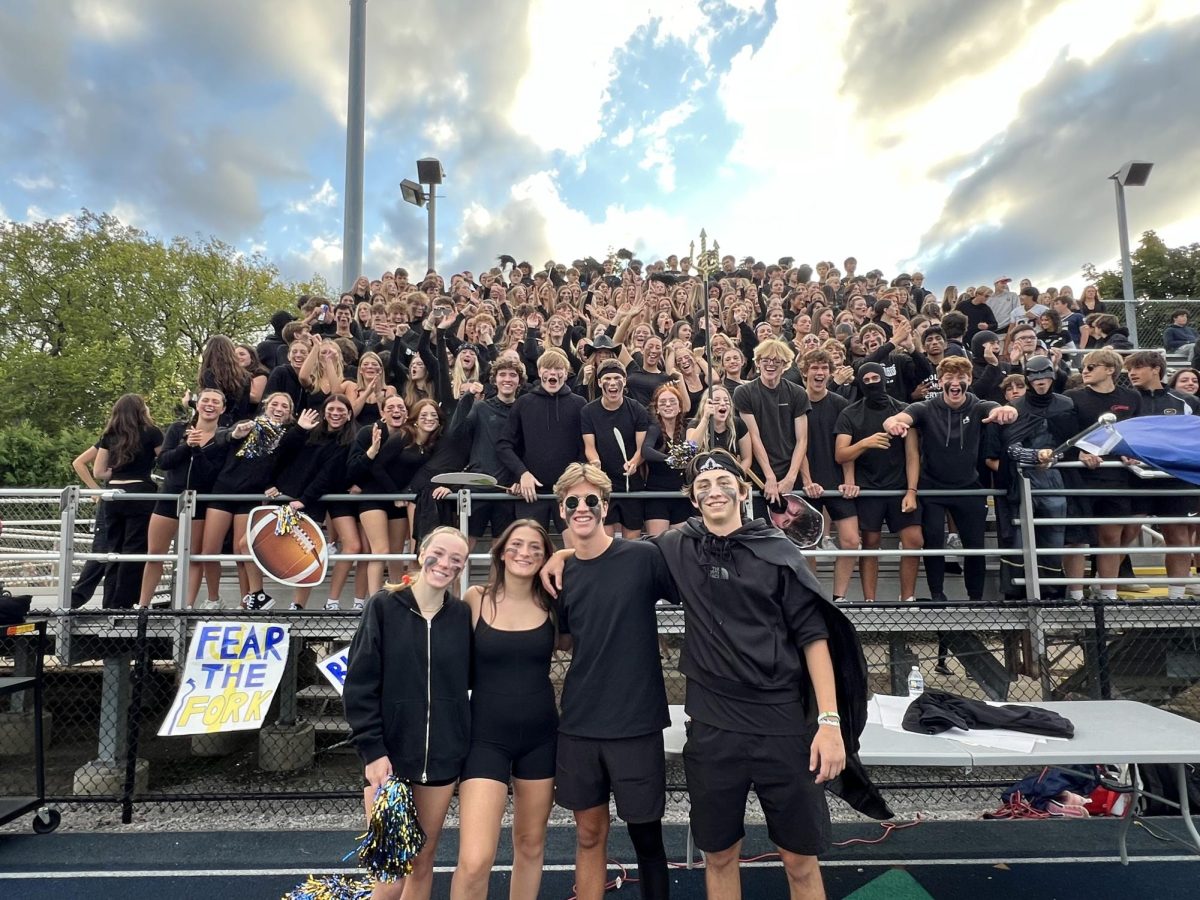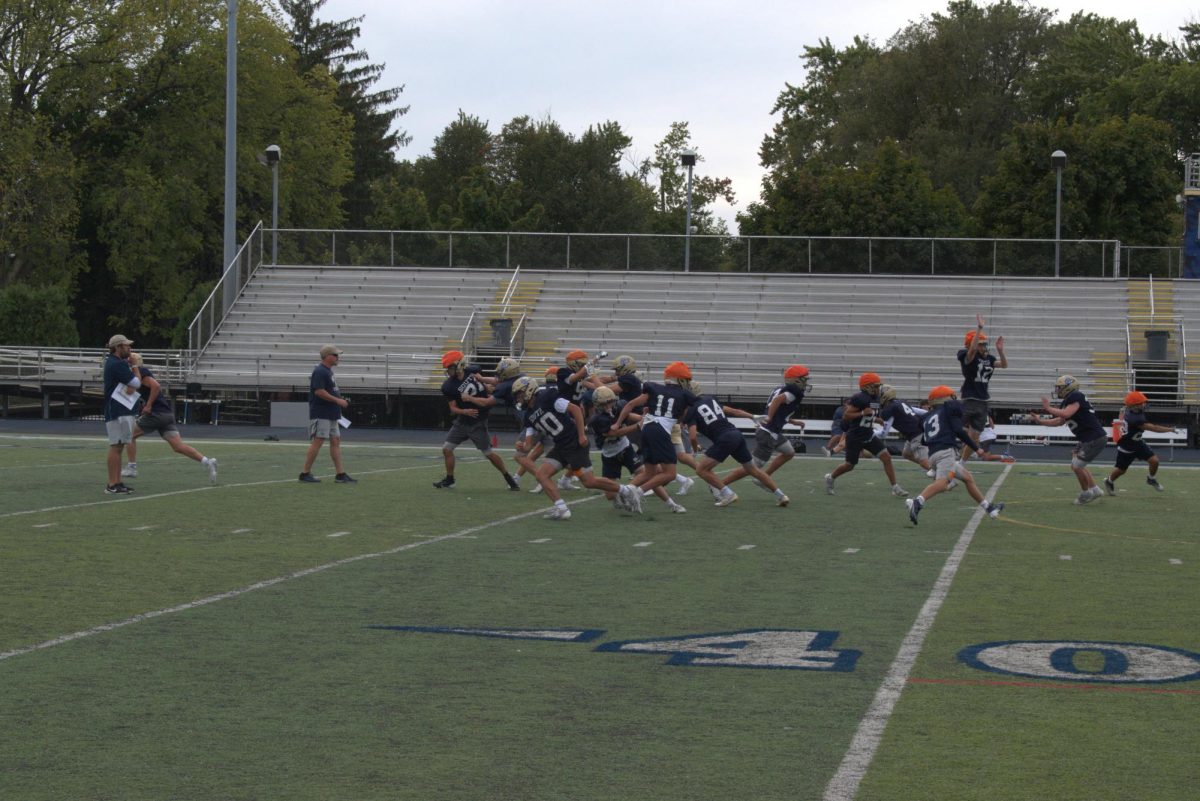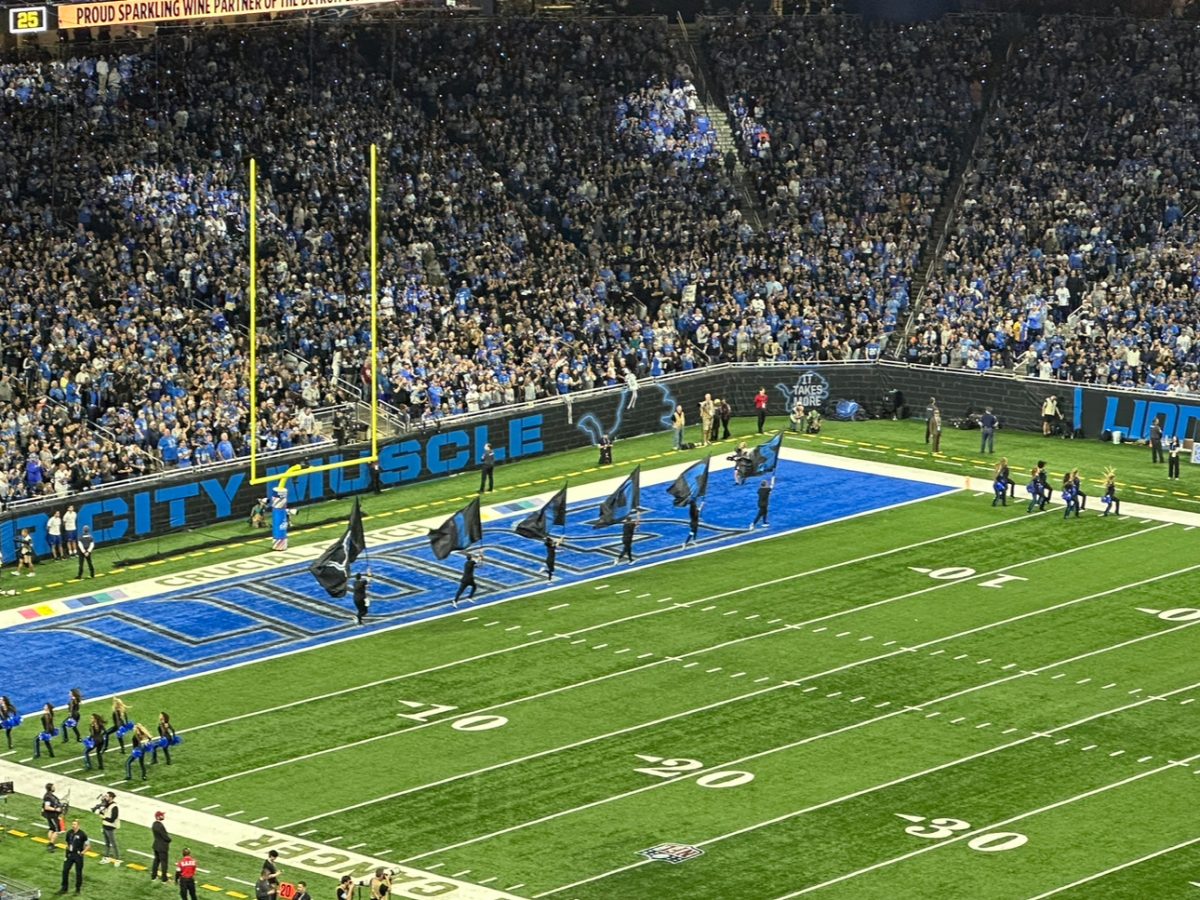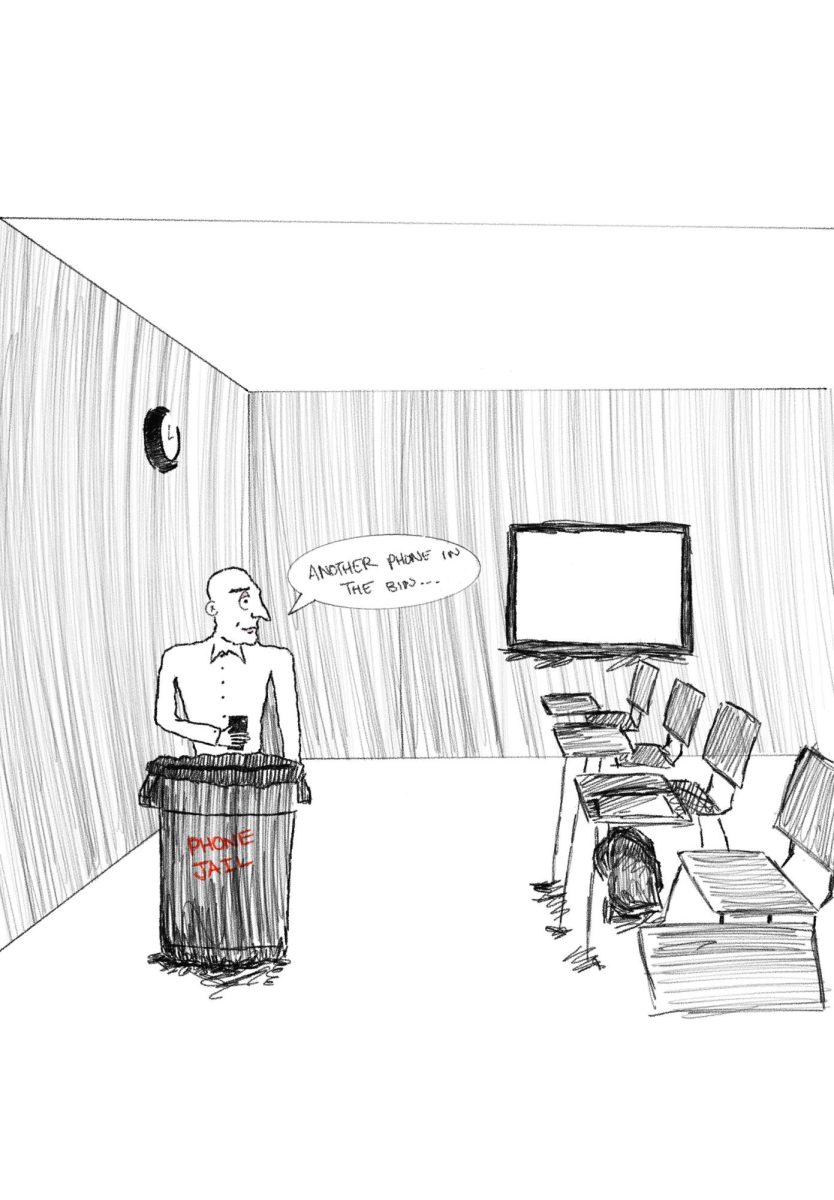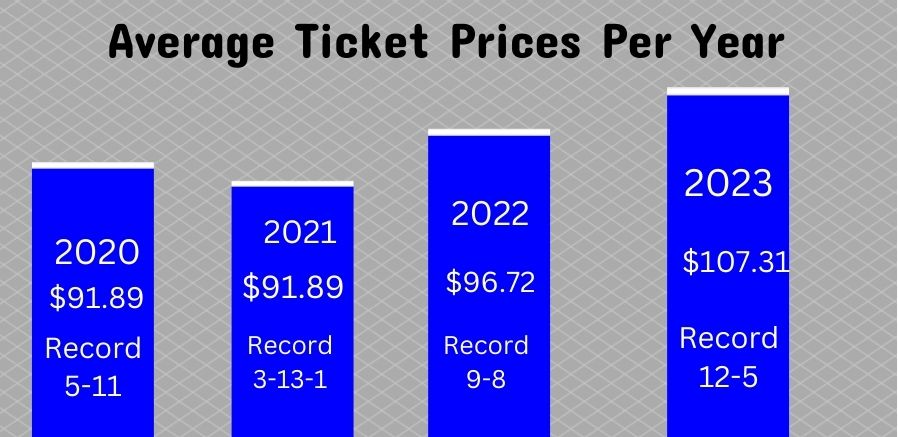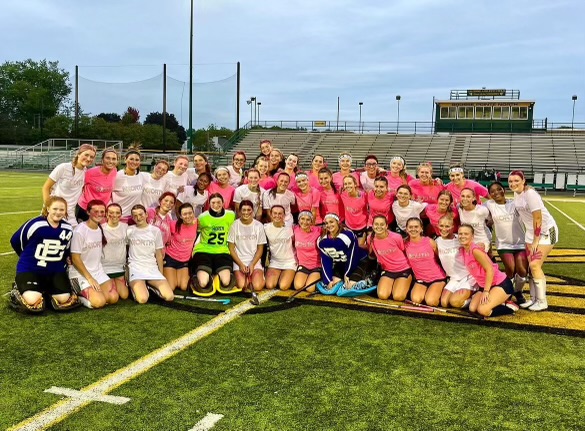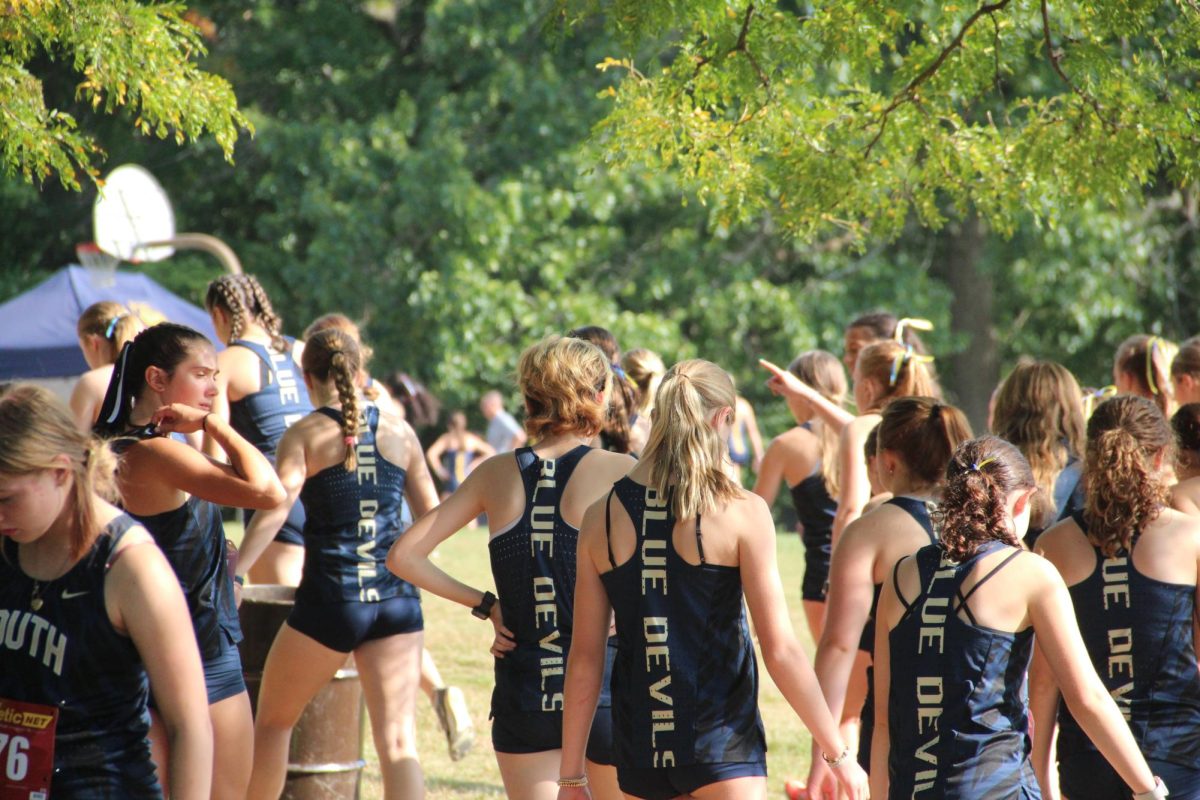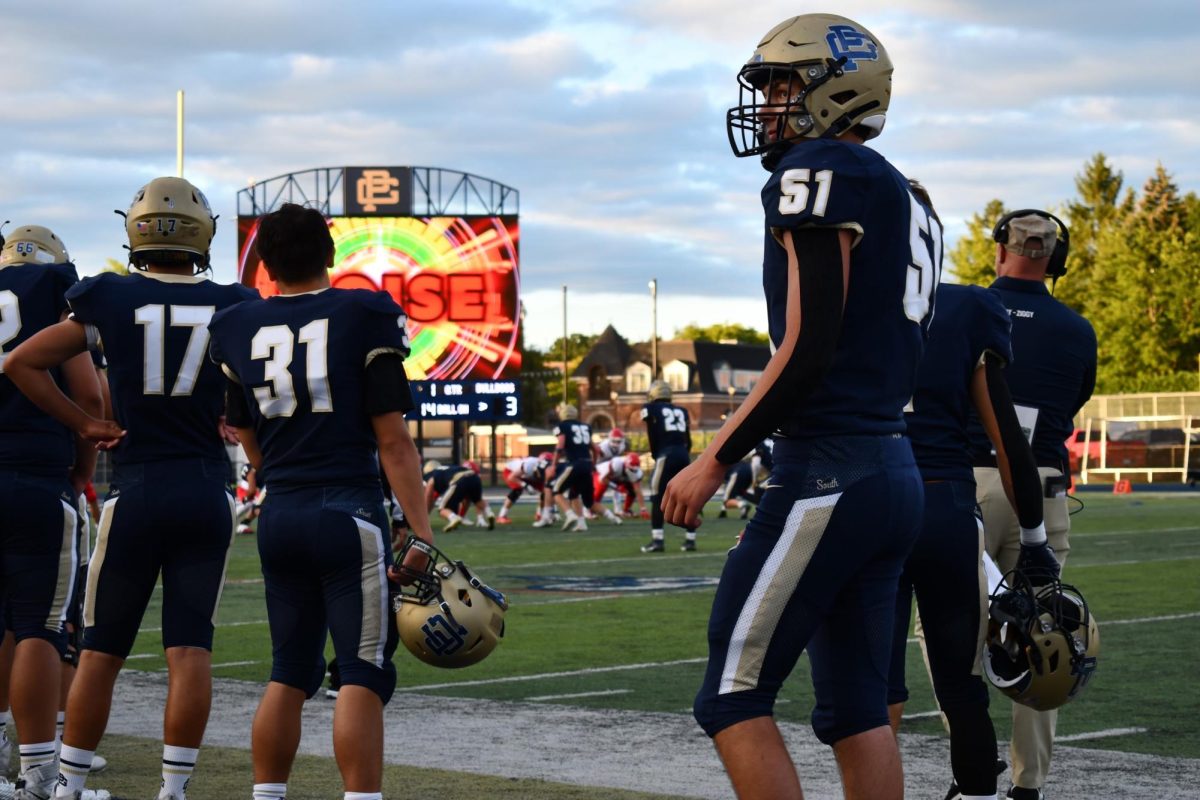The Big Deal about Blue Light
November 30, 2020
With the completely virtual set up for school this year, students and teachers have been staring at a screen for well over three hours a day. Humans weren’t designed to be gazing at a computer screen all day long, therefore it’s been difficult to adapt to the large amounts of screen time that have harrowing effects on people. A way to accommodate for the effects associated with screen time is blue light glasses.
Blue light is a color in the visible light spectrum that has a short wavelength, which means it produces higher amounts of energy. Blue light comes from electronic devices and weakens your eyes the longer you look at it.
“Blue light flickers more than other types of wavelengths, and casts a glare that can cause eye strain, physical and mental fatigue, headaches, and difficulty sleeping if you’re looking at a screen for a long time,” Dr. Ricardo Hikinson said.
As soon as Rosalie Nykanen 23’ figured out school would start totally virtual, she ordered a pair of blue light glasses from Amazon. Nykanen struggled with headaches during the learning schedule that took place last spring and thought purchasing a pair of blue light glasses would benefit her and her head.
“Since getting a pair of blue light glasses my headaches have gone away for the most part so they work well for me personally.”
Jane Oliver ‘24 also purchased a pair of blue light glasses for the beginning of the virtual school year. Oliver noticed a positive change in her sleep schedule after purchasing the glasses.
“Back in March when I would be doing homework and staring at my screen for hours I wasn’t sleeping well at all, but since I’ve gotten these glasses I think it’s way easier to fall asleep,” Oliver said.
Being exposed to too much blue light messes with your body’s ability to prepare for sleep because it blocks a hormone called melatonin. Melatonin is what makes a person tired, and without it sleep is difficult. Dr. Hickinson has blue light lenses on his glasses and finds it way easier to fall asleep.
“I have found that blue light glasses help me sleep better,” Hickinson said. “This is because my brain can produce more natural melatonin now that there’s not as much blue light stopping it.”
The popularity of blue light glasses has increased greatly, especially with the majority of work and school being virtual this year. Many people have found it to be a good investment in the long run.
“40% of people that come into our store get blue light protection,” Hickinson said.
Times are changing and people are adapting. While nobody planned on staring at a screen instead of a teacher, there are effective ways to solve some of the issues associated with virtual learning, like blue light glasses.
“Having headaches and trying to learn at the same time would be terrible,” Nykanen said. “I’m glad I found an effective way to adapt to the changes associated with school.”

